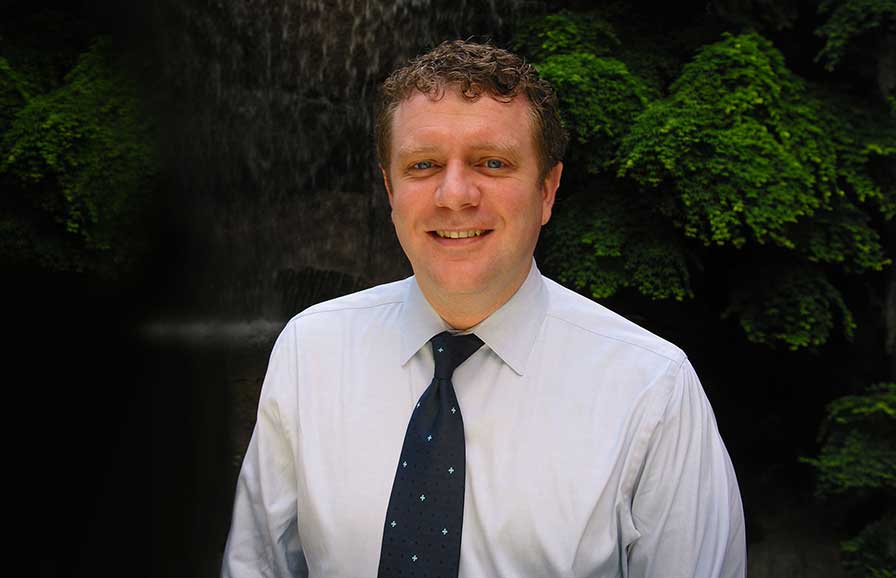Provider Background
Area of Clinical Practice
Adult blood and marrow transplantation, cellular immunotherapy, hematologic malignancies
Myelodysplastic syndromes (MDS)
I am the director of hematology and hematologic malignancies at Fred Hutch as well as a medical oncologist who specializes in treating myelodysplastic syndromes (MDS). Sometimes referred to as “preleukemia,” MDS refers to a group of disorders in which the bone marrow fails to produce enough healthy blood cells. Treatment of this disease is improving rapidly because of clinical trials. I’m currently developing three treatment protocols for MDS, which affects between 13,000 and 20,000 patients in the U.S. every year. In addition to conducting research, I’m also focused on day-to-day patient interactions. In 2016, I received the Ali Al-Johani Award, which recognizes excellence in clinical patient care.
Myeloproliferative neoplasms (MPN)
One of my subspecialties is treating myeloproliferative neoplasms (MPN), a rare group of blood cancers caused by an overproduction of white or red blood cells or platelets. I coordinate the care of patients with MPN from all over the world, and I also conduct clinical trials of new drug therapies, such as pacritinib, for these cancers. In recent years, we’ve made a lot of progress in understanding the basic biology of MPN — in particular, some of the mutations that drive it — which makes it possible to develop more targeted therapies with fewer side effects.

